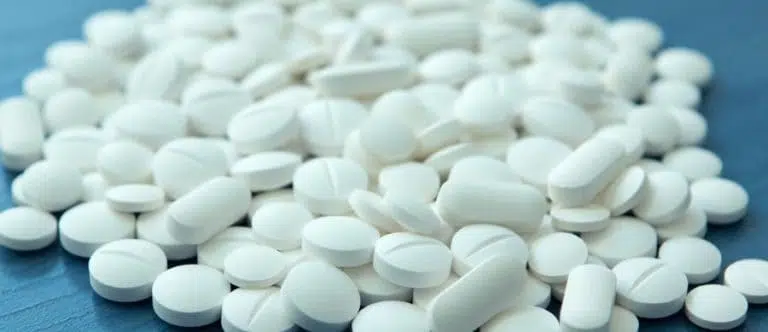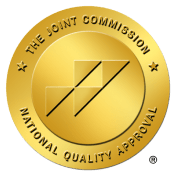Hydrocodone/Vicodin Addiction, Detox and Treatment
- Posted on November 11, 2024
Table of Contents

Hydrocodone Withdrawal Timeline
| 12 hours after the last dose: | About 12 hours into hydrocodone detox, individuals may begin to experience mild symptoms of withdrawal, including muscle aches, insomnia, yawning, and watery eyes and nose. |
| 1-3 days after the last dose: | Hydrocodone withdrawal symptoms typically peak during this time and become more severe. Individuals may begin to experience symptoms such as nausea, vomiting, diarrhea, and anxiety. |
| 4 or more days after the last dose: | By this point, the majority of hydrocodone withdrawal symptoms should have subsided. Some people may experience post-acute withdrawal syndrome, in which case some symptoms may continue for several weeks. These may include depression, anxiety, cravings, insomnia, and irritability. |
Hydrocodone Rehab Options
After a detox program has been completed, hydrocodone rehab can help people address the root causes of their addiction and learn how to make lifestyle changes that will reduce their risk for relapse and help them maintain a life of sobriety.
The National Institute on Drug Abuse states that drug rehab of 90 days or longer will provide the best opportunity for continued sobriety. Thirty-day hydrocodone treatment programs just don’t provide enough time to effectively accept the problem of addiction, modify behaviors and thoughts, and put relapse prevention strategies into place. Therefore, enrolling in a long-term hydrocodone rehab program is the best option for overcoming addiction.
In hydrocodone rehab, clients work with addiction treatment professionals and peers who are also in recovery to do the following:
- Learn more about the disease of addiction
- Work through the 12-step program
- Learn and implement relapse prevention strategies
- Gain important life skills
- Practice living sober
The objectives of hydrocodone treatment are achieved with individual and group counseling, educational lectures, behavioral therapy, other specialized therapies, participation in the 12-step program, and ongoing peer support.
Inpatient Drug Rehab vs. Outpatient Drug Rehab
When choosing a hydrocodone rehab program, it’s important to consider all types and what will best meet the needs of the individual in recovery. At an inpatient drug rehab center, clients are required to live onsite throughout the duration of their recovery program. During this time, a structured schedule must be maintained and contact with the outside world is limited. Family and friends are still allowed to visit, but all visits must be arranged in advance.
If a client is enrolled in an outpatient hydrocodone rehab program, he or she will be required to attend a series of group sessions at a convenient and safe clinical location. These sessions will be facilitated by an addiction treatment professional and will cover everything from addiction education and relapse prevention, to life skills, problem-solving, and self-care. Clients will also work through the 12-step program as they advance through the rehab program. Outpatient rehab may be ideal for someone who is otherwise unable to commit to 90 days in an inpatient hydrocodone treatment center.
The cost of hydrocodone rehab will vary depending on the type of program and the duration. Clients have several different options when it comes to payment, including:
- Health insurance benefits
- Financed healthcare loans
- Employee Assistance Programs (EAP)
- Private loans from family or friends
- Medical credit cards
- Scholarships or grants
- Out-of-pocket payments
Continued Care Options for Hydrocodone Addiction Treatment
Hydrocodone addiction cannot be overcome in a matter of days or even weeks. It will take a great deal of time, effort, and continued support to successfully maintain a lifestyle of sobriety. There are several different types of recovery support services and programs that can help individuals achieve genuine and lasting sobriety after completing formal hydrocodone treatment in detox and rehab.
Sober Living Programs
Often times an individual may not have a sober living environment to return to upon completion of their drug rehab program. Sober living programs provide safe, supportive, and sober living environments for men and women in recovery. They are also designed to help clients achieve their recovery goals and maintain their sobriety by providing structured living, tiered recovery programs, regular drug and alcohol testing, and education/employment assistance. Many sober living homes also provide family support by involving loved ones in the recovery process.
Depending on the location and the type of transitional housing available, the cost of a sober living program will vary. Regardless, the recovery support services provided will help clients transition from a life of addiction into an independent life of sobriety.
Aftercare Programs
An aftercare program is designed to support alumni of drug and alcohol rehab programs. Although a client may have already completed a rehab program for their hydrocodone addiction, he or she will still need ongoing support to maintain a sober lifestyle and continue to grow personally.
Aftercare programs are comprised of a series of weekly meetings where drug rehab alumni are invited to come together and discuss personal issues and challenges they are facing in their sobriety. This serves as an outlet and a place to check-in with other individuals who are also in recovery. Perfect for individuals in all stages of recovery, aftercare programs are a great way to continue prioritizing sobriety even after completing a drug rehab and sober living program
Could you be addicted to prescription opioids?
Schedule a call with us
Nova Recovery Center is dedicated to helping you or your loved one get help. Please call or fill out this form for a confidential consultation. One of our understanding, dedicated advisors will contact you about your options. Begin healing today.
